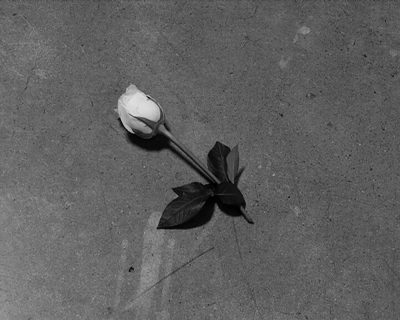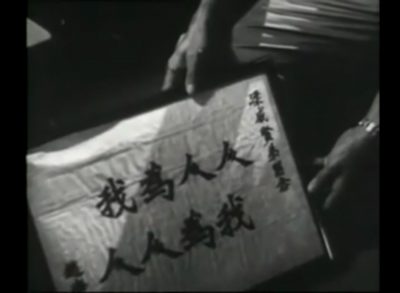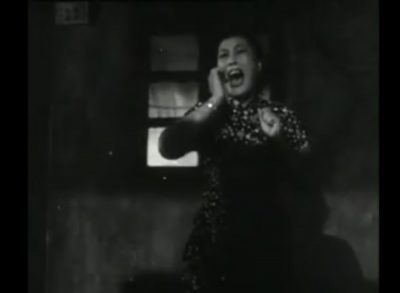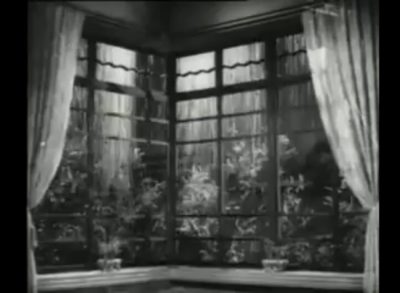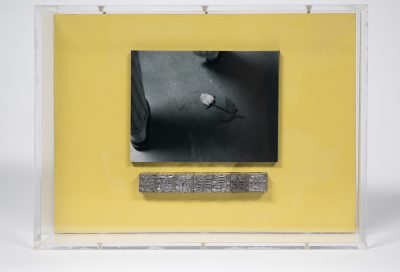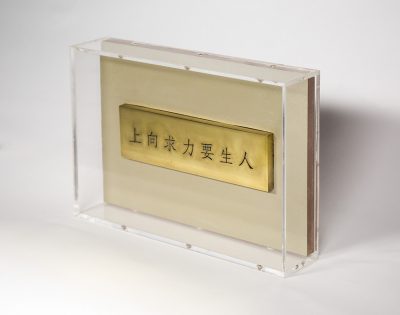The Movies (2015)
Triple-channel video installation with photographs | 4:3 | B%W | Mono
A large number of scholars and intellectuals escaped from Mainland China to Hong Kong after May Fourth Movement (五四運動), and they participated in the local creative industry, hence, the film industry became the biggest melting pot for filmmakers to promote Communist patriotic ideology. Due to British Hong Kong government censorship, Revolutionary opera (樣板戲) from Mainland China were prohibited to be screened in a cinema, as a result, instead of explicitly making film as a propagandistic tool to promote communist ideology, local leftist film companies compromised and changed their strategy to create popular melodrama that emphasised ethnic virtues, bourgeois taste, love, family relationship. This new film genre was called “Soft Communist film” (軟性共產主義電影), which carried a high degree of historical and cultural context, and those leftist films were successfully exported to Southeast Asia countries such as Singapore, Malaysia, Indonesia, and the Philippines; consequently, it explored the overseas markets and nurtured communist within local communities.
However, in 1967, Mainland China forced Hong Kong Leftist filmmakers to copy dogmatic revolutionary opera to movies, the local audience was not fond of movies with a strong tone of Cultural Revolutionary and patriotic ideology. Such a dramatic political turn was resulted in losing the trust of the local audience and diminishing production lines.
I aim to build an archive of signature scenes from those leftist films, cataloging such time-based media has already underlined the political agenda within a specific context. By juxtaposing props, slogans, acting lines from the leftist movies, with the recent pro-government demonstration in Hong Kong, the strategy doesn’t change too much, but the narrative of such political propaganda was severely deprived and become unintentional exaggeration.
